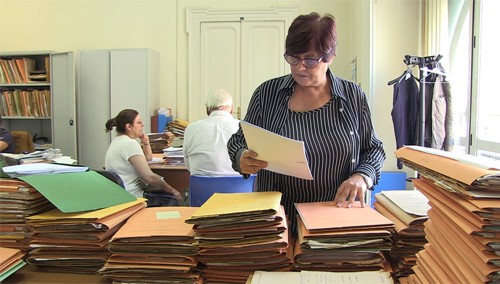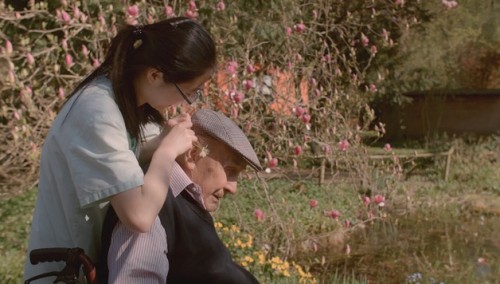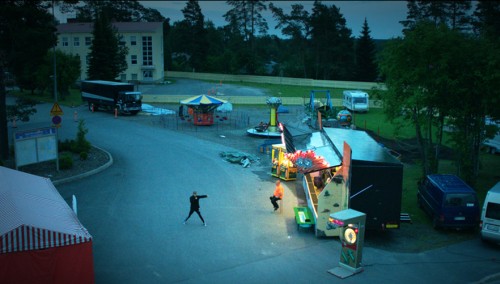Working Worlds 2018
As was to be expected, since the first edition of this program section fifteen years ago, working worlds in Europe have been constantly transforming. The digitalization and automation of labor processes have been further developed, and adaptability and mobility are major factors. The challenges that working people have to struggle with are changing.
As a result of increasing competition, more insecurity, growing time pressure, ostensible flexibility and precarious working conditions, mental strain in the work place is on the rise, triggering constant stress and having a negative impact on health. Plus, work only rarely stays at work. After hours, it is taken home, as e-mail, for instance, and pursues the workers often into their sleep. According to studies, work is, in fact, one of the most frequent themes of our dreams. These dreams, however, are only rarely linked with positive emotions.
Similar to the way the journalist Charlotte Beradt collected “dreams dictated by dictatorship” in the 1930s, which she published in “The Third Reich of Dreams”, in Dreaming Under Capitalism the filmmaker Sophie Bruneau collects dreams of working people, opening up a view of a kind of collective nocturnal work memory. The film outlines a dystopian psychogram of a working society that can no longer escape into the night from the pressure on it. The last remaining refuge is gone.
The protagonists in Virpi Suutari’s Entrepreneur dream too: While two young women in Helsinki seek to conquer the world market with a meat substitute product they have developed, a rural family struggles for financial survival by selling meat in the winter and operating fairground booths in the summer. As different as their starting points and the dimensions of their goals may be, their striving for success is very similar. They all work around the clock, there are no free weekends. Energy is ceaselessly poured into the projects, draining physical strength and nerves.
In Open to the Public we do not find out what the staff of the Office for Social Housing in Naples dream of, but perhaps they sometimes wish they could just jump over bureaucratic hurdles of one kind or another. They are confronted with the worries and stories of the residents of the buildings they manage, and they are the target of attack in case of complaints and problems, but to solve those problems they have to follow rules and laws they cannot determine or influence themselves.
Farewell Yellow Sea accompanies a young Chinese woman seeking better training and more career opportunities as geriatric care giver far away from her homeland, in the promising country of Germany. Her experience abroad is not exactly what she dreamed of, but she and her colleagues persevere and face professional challenges, including and especially language challenges. Thus, it does not all become a major nightmare, but instead almost works out well.
The four films in this year’s Working Worlds do not seek out the large structural connections, but instead remain very close to the people. And in the end it is always the people that should count.




